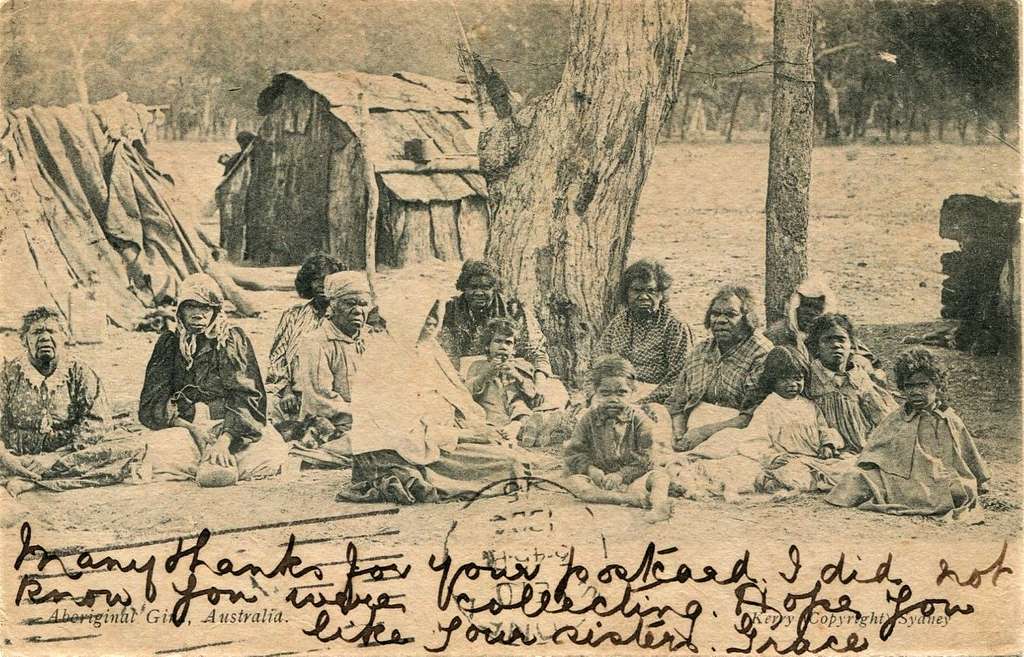Tracks in an ancient wordscape: what linguistics tells us about Australia’s deep human history.

Nicholas Evans
CoEDL (ARC Centre for the Dynamics of Language) and School of Culture, History and Language, ANU College of Asia and the Pacific
Among the several fields of knowledge that tell us about Australia’s deep human past – Indigenous oral traditions, archaeology, genetics, anthropology – linguistics has a special role to play because of the way word-histories carry forward speakers’ inner lives and knowledge systems across the millennia. There are 350+ Indigenous languages of Australia, and another 1000 languages in New Guinea, which was joined to Australia in the mega-continent of Sahul for the first 55,000 years of human history until the ‘sundering of Sahul’ by rising seas. Each of these languages contains thousands of words, and a large number of these can be matched up in ways that allow us to reconstruct ‘words of the ancestors’, each telling their own story about some aspect of the long walk of history on this continent, from kinship to plant use to beliefs about the afterlife.
In this lecture I will weave some of these stories together to show just how much the study of historical linguistics can contribute to our understanding of Australia’s 65,000 human history
Nicholas (Nick) Evans focusses his research on linguistic diversity and what this tells us about the nature of language, culture, deep history, and the creativity of the human mind. His 2022 book Words of Wonder: Endangered Languages and They Tell Us sets out a broad program for the field’s engagement with the planet’s dwindling linguistic diversity, and has been translated into French, German, Japanese, Korean and Chinese. Among his many books and articles on the historical linguistics of Australian linguistics, his most recent is (2020) ‘Time, diversification and dispersal on the Australian continent: three enigmas of linguistic prehistory’, in Language Dispersal, Diversification and Contact: A Global Perspective (Oxford University Press).
Nick has carried out fieldwork in Northern Australia and Papua New Guinea, with grammars of Kayardild (1995) and Bininj Gun-wok (2003), and dictionaries of Kayardild (1992), Dalabon (2004, with Francesca Merlan and Maggie Tukumba) and Nen (2019).
Concomitantly with his scientific work, his ethos of seeing linguistics of minority languages as a key both to social justice, and to giving full recognition to the artistic and musical creativity of individuals from minoritized communities, have led him to work on Native Title claims, as an interpreter of Aboriginal art, and as a translator of Aboriginal oral literature and song texts.
He is a member of the Australian Academy of the Humanities, the Australian Social Sciences Academy, the British Academy, an Honorary Life Member of the Linguistics Society of America, and a recipient of the Anneliese Maier Forschungspreis from the Alexander von Humboldt Foundation, and the Ken Hale Award from the Linguistics Society of America.

